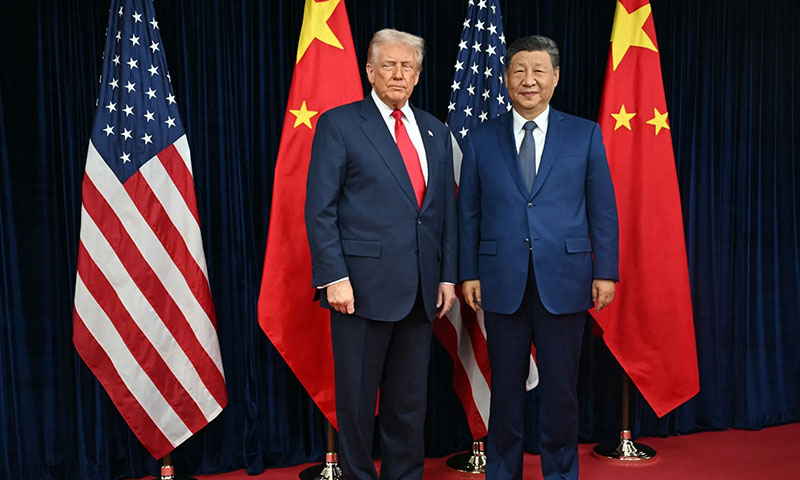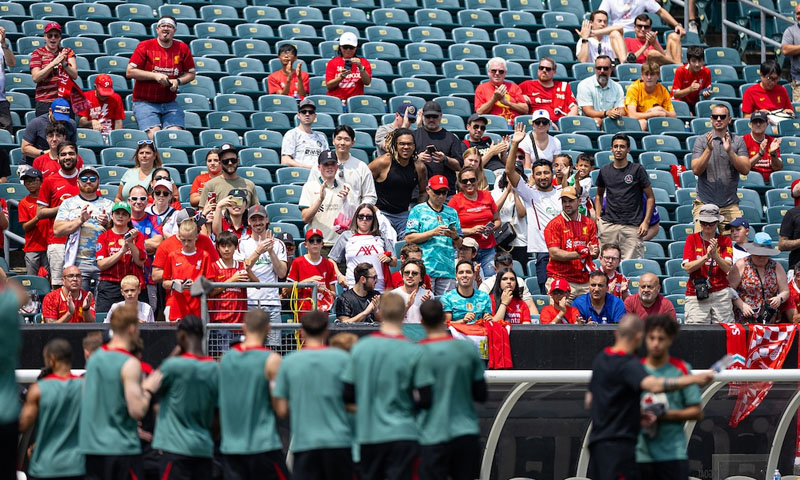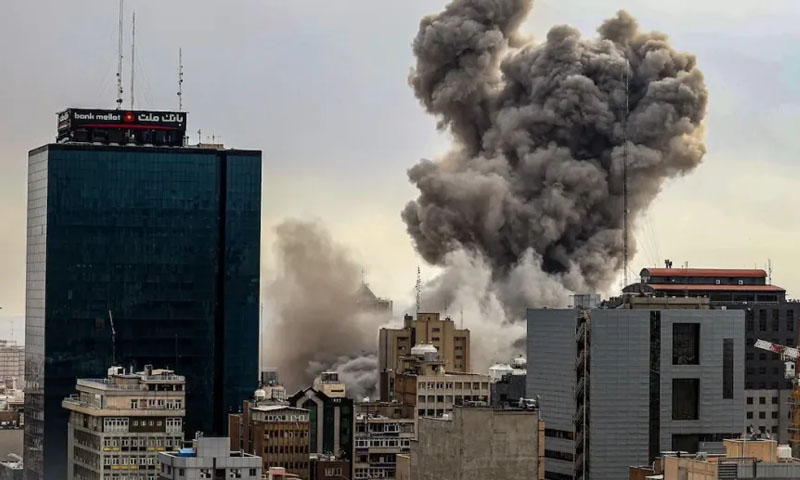- Web
- 5 Hours ago
Trump, Xi hold extended talks in Busan amid hopes for trade thaw
-

- Web Desk
- Oct 30, 2025

BUSAN: US President Donald Trump and Chinese President Xi Jinping held their first face-to-face meeting in six years on Thursday, spending nearly one hour and forty minutes in talks that both sides described as cordial and productive. The meeting, held at a South Korean air base in the southern port city of Busan, ran longer than planned, fuelling speculation of progress in their bid to ease tensions between the world’s two largest economies.
Warm gestures but cautious optimism
The two leaders opened the meeting with unusually warm exchanges. Trump praised Xi as “a tough negotiator”, while the Chinese president said it felt “warm” to see his American counterpart again. “It is normal for the world’s two largest economies to have frictions now and then,” Xi said, adding that recent discussions between their negotiating teams had yielded “encouraging progress”.
For Trump, the encounter marked the final leg of his five-day Asia tour, during which he boasted of several trade deals with South Korea, Japan, and Southeast Asian countries. Standing before reporters earlier, he expressed optimism that he and Xi “could reach a deal” to end years of tariff-driven tensions that have weighed on global markets.
Nuclear tensions cast a shadow
Despite the positive tone, tensions remained high. Just hours before the summit, Trump authorised new US nuclear tests, citing advancements in China’s atomic programme. The move drew concern from observers, with analysts warning it could complicate the tone of cooperation both sides were attempting to project.
Analysts see short-term calm, not a breakthrough
Wendy Cutler, former acting deputy US Trade Representative, told Al Jazeera the talks might yield “a temporary truce” but not a lasting resolution. “We could see China committing to purchase more US soybeans and restrict fentanyl precursor exports, but Beijing will expect US concessions in return,” she said. “Relations may stabilise for now, but escalation is likely down the road.”
Cutler pointed to deep-rooted issues such as mistrust and competing domestic agendas as barriers to a long-term solution.
High-level delegations and potential outcomes
Both sides were represented by top officials, including China’s Foreign Minister Wang Yi and US Secretary of State Marco Rubio. The expanded delegations and the extended duration of the meeting have raised hopes that a symbolic deal could emerge before Trump departs the region.
If successful, it would mark the most significant achievement of Trump’s second term Asia tour and a possible turning point in one of the world’s most critical geopolitical rivalries.



